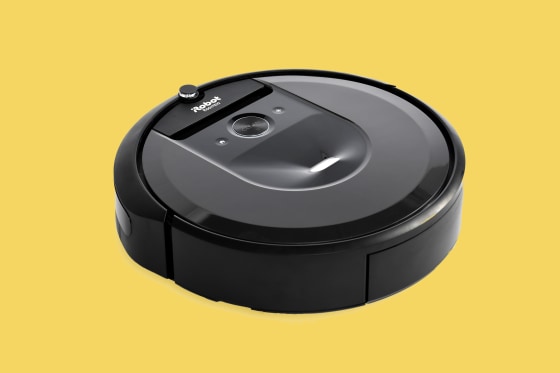IRobot, the maker of the Roomba floor vacuum, said Monday that a planned deal to be acquired by Amazon would not go through, a development that led it to announce it would lay off 31% of its staff.
In a release, the two companies said that the European Union was poised to block the deal and that there was "no path to regulatory approval," news that was first reported this month by The Wall Street Journal.
The breakup has prompted the resignation of iRobot Chairman and CEO Colin Angle.
The planned acquisition, which was first announced in August 2022, would have valued Massachusetts-based iRobot at $1.7 billion. Instead, iRobot shares were down as much as 19% in Monday trading.
iRobot said Monday it will pivot its focus away from “non-floorcare” products like air purifiers and lawn mowers.
In November, E.U. regulators said they feared a deal with Amazon would restrict competition in the robot vacuum market because the e-commerce giant could block other firms from selling on its website. The Journal also reported Amazon missed a deadline to submit a response to those concerns.
"Mergers and acquisitions like this help companies like iRobot better compete in the global marketplace, particularly against companies, and from countries, that aren’t subject to the same regulatory requirements in fast-moving technology segments like robotics," an Amazon executive said in the statement Monday.
"Undue and disproportionate regulatory hurdles discourage entrepreneurs, who should be able to see acquisition as one path to success, and that hurts both consumers and competition—the very things that regulators say they’re trying to protect.”

